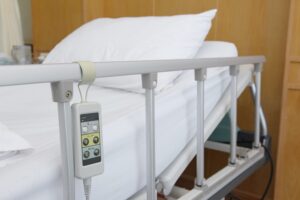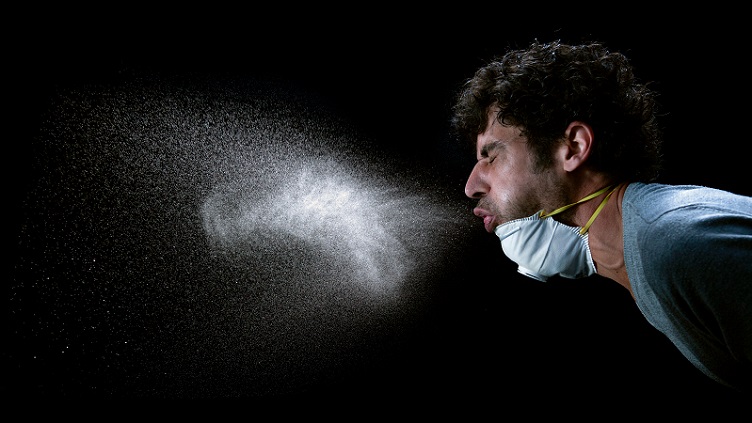In this blog, we will be taking a look at what flu is, how to manage an outbreak and vaccination. You can get more detail by subscribing to our policy suite.
As you may know Flu, or influenza, is a highly contagious acute respiratory disease caused by influenza viruses (types A, B and C). An outbreak in a residential setting can be devastating for residents and staff and, like coronaviruses, outbreaks are best avoided.
(types A, B and C). An outbreak in a residential setting can be devastating for residents and staff and, like coronaviruses, outbreaks are best avoided.
This year, 2022-2023, is set to be worse than normal, perhaps as a result of us all staying away from each other over the last two seasons due to COVID-19 restrictions.
Whatever the reason, managers and providers have a duty to keep the people in their care as safe as possible, this includes being aware of local outbreaks, ensuring staff know what to look for in the way of signs and symptoms for themselves and service users, having a strategy and policy for managing an outbreak and being prepared for vaccination.
Those most at risk include people who are:
- Pregnant
- Aged over 65 years
- Living with long-term conditions such as respiratory, kidney, liver, brain or heart disease, or diabetes
- Very overweight (BMI ≥ 40 kg/m²)
- Severely immunosuppressed (for example with cancer or transplant medications)
Flu is transmitted via aerosols and droplets, or direct contact with respiratory secretions, from infected individuals, so like COVID-19 the best strategies for prevention are early detection, isolation, the use of personal protective equipment (PPE) and ventilation. Alongside this there is vaccination which is highly effective most years.
Staff who have the signs and symptoms of flu should not attend work and should be actively told by managers not  to do so. Attending today will mean other staff and service users will catch it and you will be worse of later down the line. Staff who are pregnant or in the high-risk groups should avoid caring for service users known to be infected.
to do so. Attending today will mean other staff and service users will catch it and you will be worse of later down the line. Staff who are pregnant or in the high-risk groups should avoid caring for service users known to be infected.
Managers and providers should encourage staff to have the flu vaccine which is available to all staff working in social care, as are the autumn COVID boosters. Manager should also work with their general practitioner colleagues to prepare their service users for vaccination by ensuring they are informed about what it is, why it is important, the effects and side effects of the vaccine.
Managers and staff can gain consent from for the vaccination and must maintain clear records that this has been done – such as those which can be recorded on the CAREis care and support app: https://www.careis.net/. Where the service user does not have capacity consent may come from a lasting power of attorney or court appointed deputy with responsibility for health and well being. Where this is not possible a best interests decision must be made following the principles of the Mental Capacity Act 2005.
In homes with nursing staff, the CQC identify how:
Most people recover from flu in a few days, where the person does not, staff should monitor their physical status including their temperature and blood pressure. Where there is concern that the person may become dehydrated, it is wise to start a fluid chart.
including their temperature and blood pressure. Where there is concern that the person may become dehydrated, it is wise to start a fluid chart.
Service users who become very unwell may need hospitalization, although some may specifically not what this and have their wishes record in a treatment escalation plan or other document.
The key message is that you will need a policy relating to flu – just like you have for coronavirus. This should identify the key elements of prevention and management including vaccination and arrangements for visiting in an outbreak. It is the primary purpose of social care providers to keep people safe and free from harm after all.
